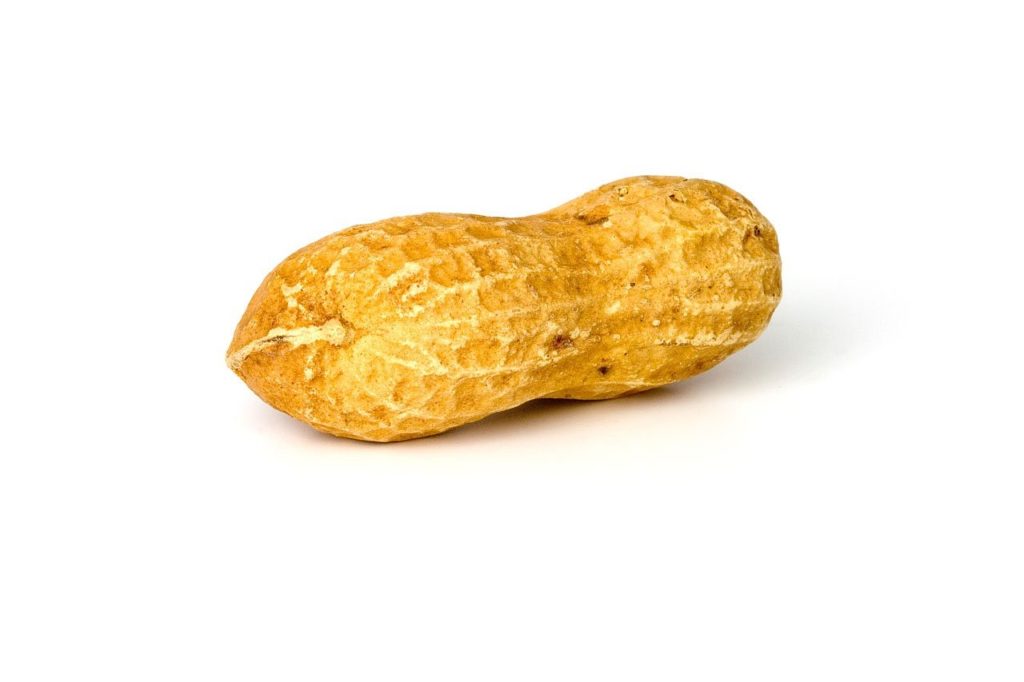
Rocio Villalobos
Fellow students, there is an issue that needs to be addressed. Many of you are putting
yourself in harm’s way and may not even know it.
This piece is titled after my very real feelings toward the squirrel epidemic our university is experiencing.
I have always felt strongly the “oohing” and “aahing” over a squirrels mere existence.
Surely, there is a better use of one’s time.
Worse, many times on campus I have found people attempting to feed the creatures.
If you have not engaged in this act firsthand or have not witnessed it yourself in the flesh,
you have surely spotted this unnatural action through video. If you’re still on Snapchat,
you may notice that there appears to be a strange fascination with squirrels.
Honestly, what do they even do? They’re not very interesting to watch (ya got that,
Snapchat admins), in my personal opinion.
Squirrels are feral rodents. Do these terms scare you? Well they ought to.
What you may not realize is that squirrels can be littered with parasites, including fleas,
ticks and lice.
If one were to take your oncoming form as a threat and bite you— and there have been
cases of such— you would find yourself hospitalized and missing a lot of class.
And for what?
After all, how would you feel if an unknown species 30 times your size fixed its gaze upon you and started creeping your way?
We, as a society, have created this problem for ourselves. The anthropomorphization of
these rodents and other creatures has led us to believe that they are adorable, safe and
friendly. This could not be further from the truth. That is to say that the portrayal of
animals to have a human voice and characteristics in films— e.g. Alvin and the
Chipmunks, Zootopia, Kung Fu Panda, the list goes on— removes the natural fear
between man vs. wild.
Take, for instance, warning signs at a zoo. One might think that it is common sense to not
stick your hands into a pit of lions. However, due to the humanization of such creatures in
cartoon form, the danger has become not so obvious.
In general, I think we should agree that one should not approach any animal species you
wouldn’t keep as a house pet or be comfortable leaving in a room alone with a newborn
child.
This excludes just about everything but dogs, cats and goldfish.
While it may be coming from a good place in your heart to offer these vermin, excuse
me, creatures, scraps of your lunch, understand that squirrels are self-sufficient. Their
form of government— which is likely along the lines of “every man for himself”—
works just fine. They do not need your handouts.
Although this article is an opinion piece, I consider it to be more of a public service
announcement.
I am reporting cold, hard facts.
Let’s pretend you’ve chosen to ignore my points because, “whatevs, they’re adorable and
would never hurt me.”
Consider this, you may yourself be causing them harm. A diet of bread, candy, chocolate
and chips — items that may be found in your lunchbox — can be dangerous to these
critter’s health.
If you really want to do something for the squirrel population, examine and cut back on
your paper consumption, which could cut back a great deal on deforestation.
While I am no fan of squirrels, I also wish them no harm. I respect their existence. I
simply wish that we, as humans, would leave them be and learn to stay in our own lane.
Once more I plead, don’t feed the squirrels.
